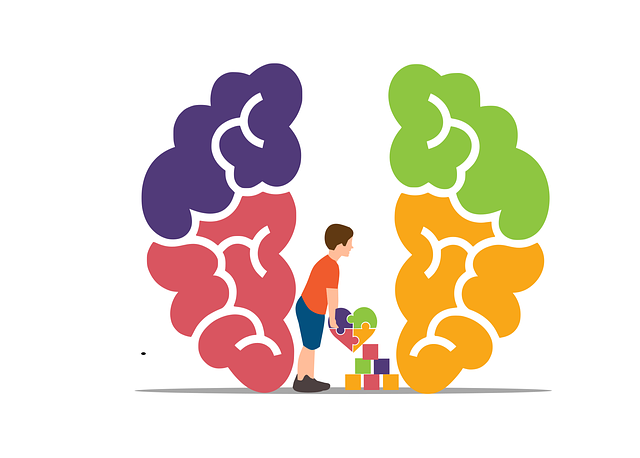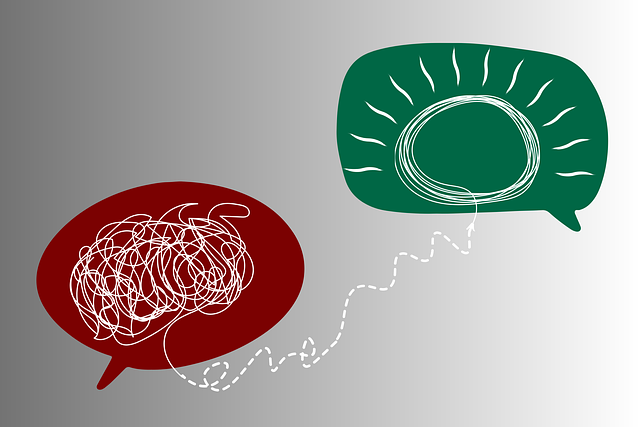Public awareness campaigns using media and community engagement are vital for changing societal attitudes towards mental health. These campaigns destigmatize mental illness, promote open dialogue, and encourage help-seeking behaviors. Integrating Superior Crisis Counseling Therapy (SCT) principles ensures accessibility, while practices like Mental Wellness Journaling empower individuals to manage their mental well-being. Targeted messaging through storytelling, including success stories, can drive cultural acceptance of mental wellness as integral to overall health. Digital platforms enhance engagement, and measuring campaign success involves evaluating KPIs like behavior changes related to mental wellness, with long-term assessments providing insights for refining future initiatives.
Public awareness campaigns play a pivotal role in educating communities about mental health issues, with the potential to revolutionize access to support services like Superior Crisis Counseling Therapy. This article delves into the development of impactful campaigns. We explore key strategies, from identifying target audiences to crafting compelling messages and leveraging media technology for maximum reach. Additionally, we discuss evaluation methods to measure success and ensure the effectiveness of these initiatives in promoting mental well-being.
- Understanding Public Awareness Campaigns: Their Role and Impact
- Identifying Target Audiences for Effective Crisis Counseling Therapy Outreach
- Crafting Compelling Messages: Strategies for Engaging the Public
- Utilizing Media and Technology for Broad Reach and Impact
- Measuring Success: Evaluating the Effectiveness of Public Awareness Campaigns in Mental Health Promotion
Understanding Public Awareness Campaigns: Their Role and Impact

Public awareness campaigns play a pivotal role in shaping societal perceptions and behaviors regarding mental health. These initiatives aim to educate, destigmatize, and encourage individuals to seek support when needed. By leveraging various media platforms, community engagement strategies, and innovative communication techniques, such campaigns can effectively reach diverse audiences. For instance, integrating Superior Crisis Counseling Therapy principles into these efforts ensures that resources are readily available for those facing mental health challenges.
Beyond their informative function, awareness campaigns contribute to a broader cultural shift towards accepting mental wellness as an integral part of overall well-being. They foster an environment where conversations about mental health are open and non-judgmental, mirroring the principles of Cultural Sensitivity in Mental Healthcare Practice. Encouraging practices like Mental Wellness Journaling Exercise Guidance can empower individuals to proactively manage their mental health, ultimately leading to improved community mental health outcomes.
Identifying Target Audiences for Effective Crisis Counseling Therapy Outreach

Identifying the target audience is a critical step in designing effective public awareness campaigns for Superior Crisis Counseling Therapy (SCT). Understanding the demographic and psychographic characteristics of potential clients allows for tailored messaging that resonates with those in need. Different age groups, genders, cultural backgrounds, and individuals facing specific challenges require unique approaches to ensure accessibility and relevance. For instance, youth may respond better to peer-led initiatives focusing on social media campaigns, while older adults might prefer community events or partnerships with senior centers.
Cultural competency training for healthcare providers plays a pivotal role in this process. By equipping professionals with the skills to address diverse populations’ mental health needs, they can offer more inclusive and effective SCT services. Integrating self-awareness exercises into these training programs enables caregivers to recognize unconscious biases, fostering empathy and cultural sensitivity. This, in turn, enhances their ability to connect with a broader range of clients during outreach activities, promoting Mental Health Awareness on a more profound level.
Crafting Compelling Messages: Strategies for Engaging the Public

Crafting compelling messages is a crucial aspect of successful public awareness campaigns. To engage the public effectively, campaigns should focus on storytelling that resonates with people’s emotions and experiences. Using relatable narratives, whether personal or communal, can help convey complex issues in accessible ways. Incorporating vivid imagery, powerful statistics, and real-life examples can further enhance message impact.
In the context of healthcare, this approach is evident in initiatives promoting mental well-being. For instance, campaigns emphasizing the importance of inner strength development and self-awareness exercises can encourage individuals to prioritize their mental health. By highlighting the benefits of these practices—such as improved resilience and burnout prevention strategies for healthcare providers—public awareness can foster positive behavioral changes. Incorporating success stories or testimonials from those who have benefited from such interventions adds authenticity, encouraging others to follow suit.
Utilizing Media and Technology for Broad Reach and Impact

In today’s digital age, media and technology offer unprecedented opportunities to reach vast audiences and create impactful public awareness campaigns. Digital platforms like social media, websites, and mobile applications allow for instant communication, ensuring that essential messages about mental wellness and stress management workshops organization can permeate every corner of society. By leveraging these tools, organizations can effectively promote initiatives such as burnout prevention strategies for healthcare providers, fostering a culture of superior crisis counseling therapy accessibility and awareness.
Interactive elements, such as online webinars, live chats, and virtual reality experiences, enhance engagement and make information more digestible. This approach is particularly beneficial for disseminating knowledge about stress management, mental health resources, and crisis intervention techniques to diverse populations. By integrating these innovative methods, public awareness campaigns can resonate with a broader spectrum of individuals, ultimately encouraging proactive measures for maintaining overall mental wellness.
Measuring Success: Evaluating the Effectiveness of Public Awareness Campaigns in Mental Health Promotion

Measuring success is a critical aspect of public awareness campaigns, especially when promoting mental health. The effectiveness of these initiatives can be evaluated through various methods, ensuring that resources are allocated efficiently and positive outcomes are achieved. One key performance indicator (KPI) is the impact on individual behaviors and attitudes related to mental wellness. Campaigns that encourage open dialogue about mental health issues, reduce stigma, and promote help-seeking behaviors among the public can be considered successful. For instance, an awareness drive focused on encouraging people to seek Superior Crisis Counseling Therapy (SCCT) services for early intervention might lead to increased utilization of these resources.
Additionally, assessing long-term changes in mood management skills and compassion cultivation practices within communities can provide valuable insights. By measuring the adoption of healthy coping strategies, stress reduction techniques, and enhanced emotional intelligence, campaign organizers can gauge the broader impact on mental health promotion. These evaluations are essential to understanding what works best and refining future campaigns, ultimately contributing to a more compassionate and resilient society where mental wellness is prioritized.
Public awareness campaigns play a pivotal role in promoting mental health and fostering communities that prioritize well-being. By understanding target audiences, crafting compelling messages, leveraging media and technology, and rigorously measuring success, we can create impactful initiatives like Superior Crisis Counseling Therapy that resonate deeply and drive meaningful change. These strategies collectively empower individuals to recognize, address, and overcome challenges, ultimately enhancing the collective resilience of our society.













